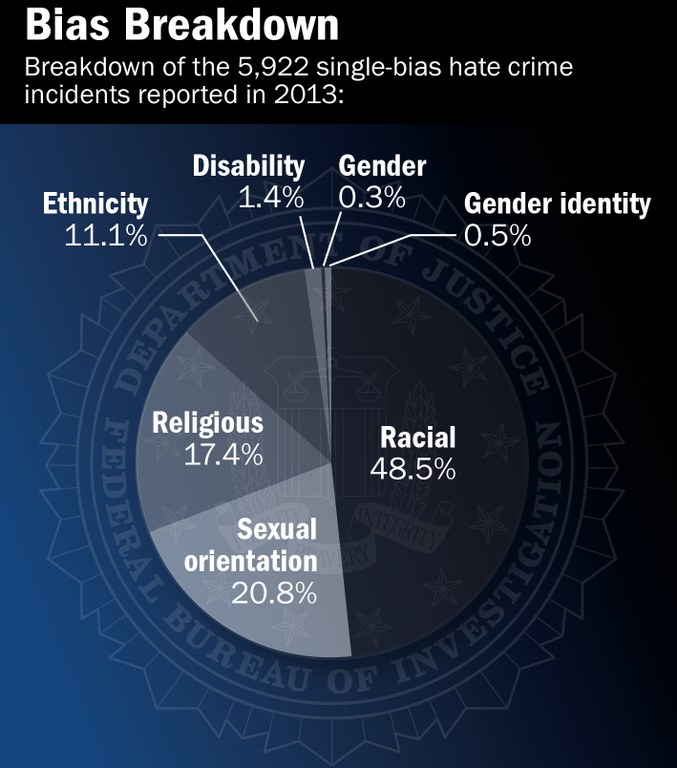On February 23, 2015, U.S. Secretary of State John Kerry announced that career diplomat Randy Berry would be the first-ever Special Envoy for the Human Rights of LGBT Persons. Berry’s mission is to “advance efforts underway to move toward a world free from violence and discrimination against LGBT persons.” While Berry plans to travel to countries such as Uganda, where homosexuality is a criminal offense, his primary focus is to target the large number of states with moderate views hoping to expedite the already rapid progress some regions are making.
The announcement of the Special Envoy comes three years after the State Department’s December 2011 launch of its Global Equality Fund, an initiative that partners with public and private entities to promote the human rights of LGBT people through three priority areas: Advance Justice; Support Advocates; and Increase Public Dialogue.
These initiatives follow the 2011 release of the United Nations first-ever report on the human rights of LGBT people around the world, which details the often grim, and on-going, realities of violence and discrimination. At the request of the U.N. Human Rights Council, the U.N. High Commissioner for Human Rights released an updated report in May 2015, “Discrimination and Violence against Individuals Based on their Sexual Orientation and Gender Identity,” highlighting the setbacks and advancements impacting LGBT persons. Under international law, states are obligated to protect their citizens from violence and ensure their right to equality under the law. Yet there remain many “serious and widespread human rights violations perpetrated, too often with impunity, against individuals based on their sexual orientation and gender identity.”
According to the report, governments in every region have taken some initiatives since 2011 to reduce violence and discrimination toward LGBT individuals and advocates. Fourteen states “have adopted or strengthened anti-discrimination and hate crime laws… Three States have abolished criminal sanctions for homosexuality; 12 have introduced marriage or civil unions for same-sex couples nationally; and 10 have introduced reforms that, to varying degrees, make it easier for transgender persons to obtain legal recognition of their gender identity.” Many countries have launched sensitivity training and anti-bullying programs, and in pop culture, LGBT characters are more prevalent and visible. However, despite this progress, “hundreds of people have been killed and thousands more injured in brutal, violent attacks,” the report notes, and countless more have been denied access to healthcare, housing, employment and other basic human rights based on their sexual orientation or gender identity.
The report features updated information on a variety of other key issues:
- State-sponsored discrimination and violence: Currently, “at least 76 States retain laws that are used to criminalize and harass people on the basis of sexual orientation and gender identity or expression, including laws criminalizing consensual, adult same-sex relationships… In the Islamic Republic of Iran, Mauritania, Saudi Arabia, the Sudan and Yemen, and in parts of Nigeria and Somalia, the death penalty may be applied in cases of consensual homosexual conduct… In the past two years, laws have been enacted or proposed in several States that seek to restrict public discussion of sexual orientation under the guise of ‘protecting minors’ from information on so-called ‘non-traditional sexual relations’.”
- Crimes against LGBT persons: “Violence motivated by homophobia and transphobia is often particularly brutal, and in some instances characterized by levels of cruelty exceeding that of other hate crimes.” In every region in the world, the U.N. continues to receive reports of physical and psychological abuse perpetrated against individuals perceived to be LGBT. In addition, LGBT people are targets for religious extremists, paramilitary groups, and extreme nationalists, and also risk being ostracized by their families and communities.
- Instances of violence: Due to poor data collection and a fear of reporting the crimes to authorities, many violent and discriminatory acts against LGBT people go undocumented. However, certain crimes and patterns have been confirmed, including:
- Between 2008 and 2014, there were 1,612 murders, across 62 countries, of transgender persons — equivalent to a killing every two days.
- The Inter-American Commission on Human Rights reported 594 hate-related killings of LGBT persons in the 25 members of the Organization of American States between January 2013 and March 2014.
- Brazil saw 310 murders in 2012 in which homophobia or transphobia was a motive.
- In 2013 the U.S. experienced 18 hate-violence homicides and 2,001 incidents of anti-LGBT violence.
- New laws and programs: Several states in every region have taken some steps to address the issues of violence and discrimination toward LGBT persons. For instance, “new or strengthened anti-hate crime laws have been enacted in several States, including Albania, Chile, Finland, Georgia, Greece, Honduras, Malta, Montenegro, Portugal and Serbia… Other notable initiatives include the establishment of specialized hate crime prosecution units in Brazil, Honduras, Mexico, and Spain… and [Belgium (Flanders) and Canada have implemented] surveys to improve hate-crime data collection.”
The report also includes policy recommendations: The U.N. High Commissioner for Human Rights recommends that all states enact hate crimes laws; conduct prompt thorough investigations of “hate-motivated violence”; collect and publish data on human rights violations; provide sensitivity training to law enforcement, school officials, etc.; ban “conversion therapy,” grant refugee/asylum status to individuals fleeing persecution based on sexual orientation or gender identity; and address anti-discrimination through public service campaigns.
Related: The U.S. Department of Justice notes that, in 2013, “law enforcement agencies reported 1,402 hate crime offenses based on sexual-orientation bias. Of these offenses: 60.6 percent were classified as anti-gay (male) bias; 22.6 percent were prompted by an anti-lesbian, gay, bisexual, or transgender (mixed group) bias; and 13.2 percent were classified as anti-lesbian bias.”
The following details the latest information about hate crimes in the United States:
Keywords: gay, lesbian, bisexual, transgender, intersex, human rights


Expert Commentary